
The best raw materials for dehydrating bags
At Silital, we use only the best raw materials for the production of desiccant bags that best protect each product from mold and moisture and are used in various sectors and industries. In particular, our desiccant bags are made from the following materials.
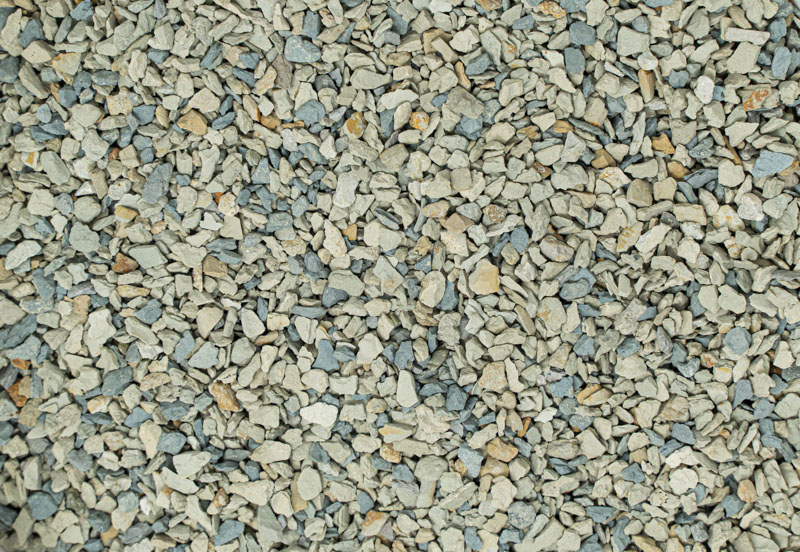
Natural and inexpensive desiccant clay bags
Commonly called dehydrating saltsDesiccant clay is a raw material of totally natural origin that, through a drying process, i.e. without undergoing chemical processing, is able to absorb the moisture present in a package. The little processing required of bentonite clay allows it to be much more competitive and environmentally friendly than other raw materials, which is why it is used in various sectors.
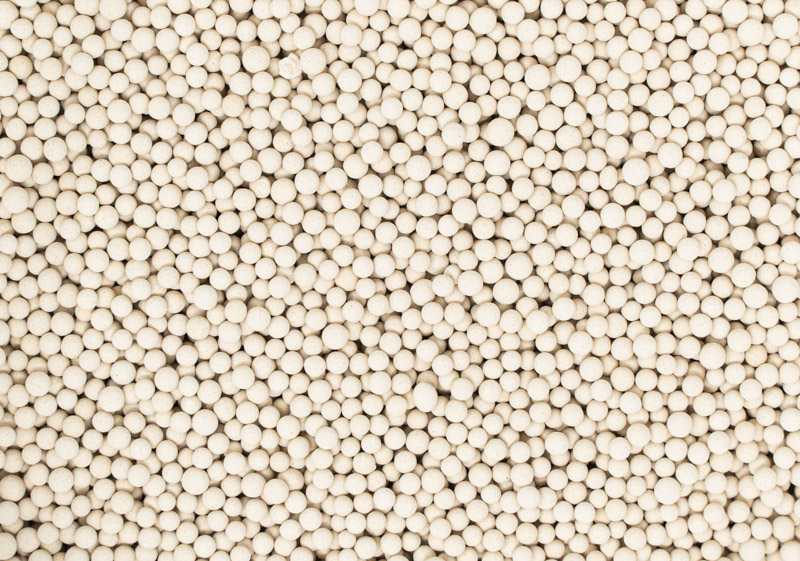
Molecular sieve desiccant bags
Molecular sieve is used for air purification and is the ideal desiccant for removing moisture from solvents and gasses in many industries. Unlike other absorbents, the molecular sieve has a regular internal structure and is therefore suitable for the absorption of certain chemical compounds. This is why it is used in various sectors.
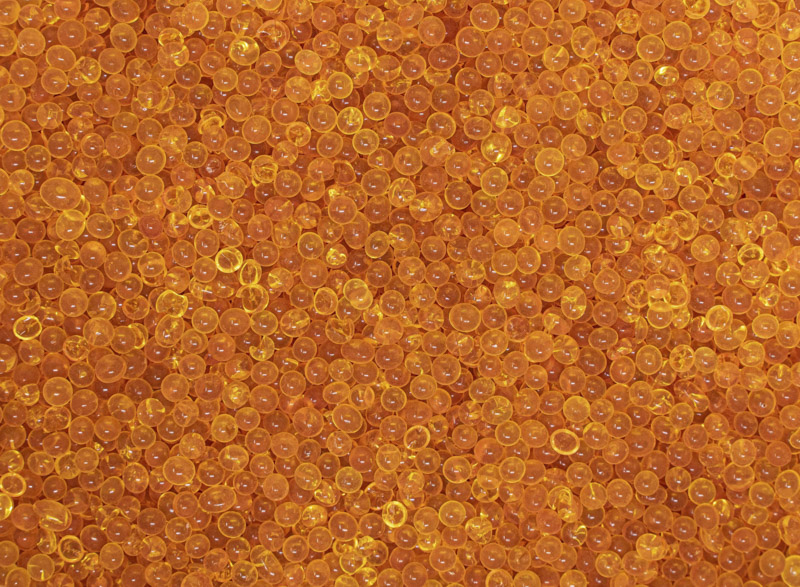
Orange silica gel desiccant bags
Orange silica gel is a raw material chemically produced in the laboratory and comes in an orange spherical form. Among the advantages of this material is the fact that it is non-toxic, safe and capable of absorbing up to 40% of its own weight in water. An excellent dehydrating agent, when it reaches saturation it is green in color.
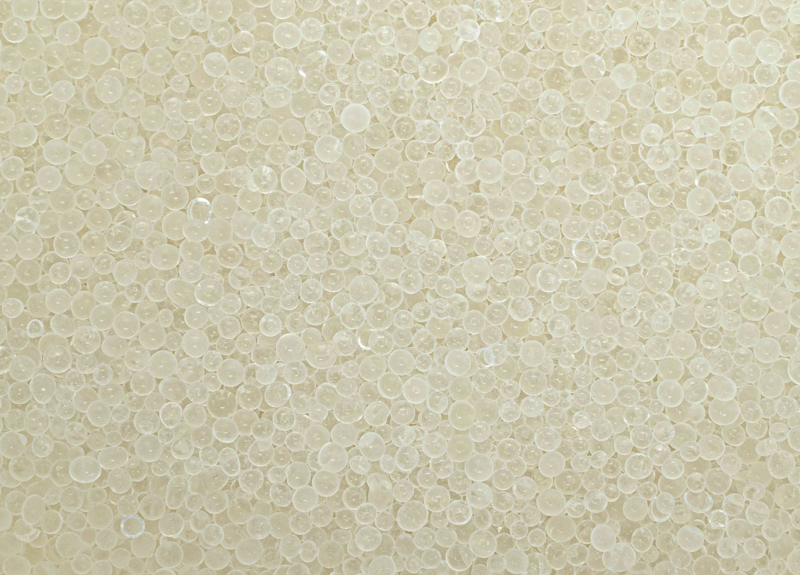
Silica gel desiccant bags - SILICAGEL
Silica gel is a dehydrating agent produced chemically in the laboratory and is visually presented in a spherical or semi-transparent granular form. Like orange silica gel, it is non-toxic, safe and very absorbent and therefore used in many areas.
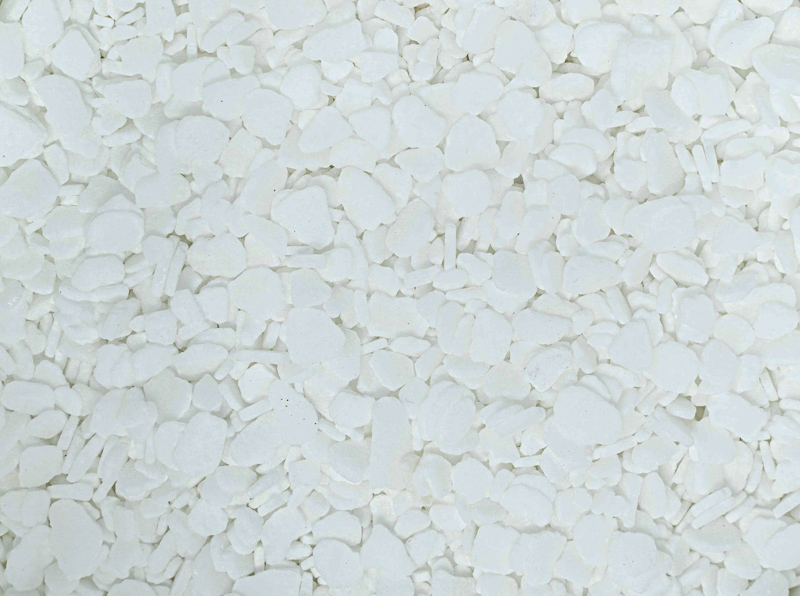
Calcium chloride desiccant bags - CONTAINER DRY
Calcium chloride is another raw material used by Silitel for the production of dehydrating bags that can be inserted into containers to counteract the 'container rain' phenomenon (hyperlink to article explaining what container rain is?). The very high capacity of calcium chloride to absorb large amounts of moisture, up to 400% of its weight, makes it ideal in situations of high humidity and/or long sea transports. Its granules are commonly referred to as dehydrating salts and it works even under conditions of drastic temperature changes without having to lower the RH content below 40 per cent.

Activated Carbon
Activated carbon is a raw material used in SILITAL desiccant bags. Thanks to its highly porous structure, it is capable of absorbing not only humidity but also bad odors. It is particularly valued in sensitive environments such as food, pharmaceutical, and textile industries. It is used in both domestic and industrial settings, offering an effective solution for humidity and odor control.



